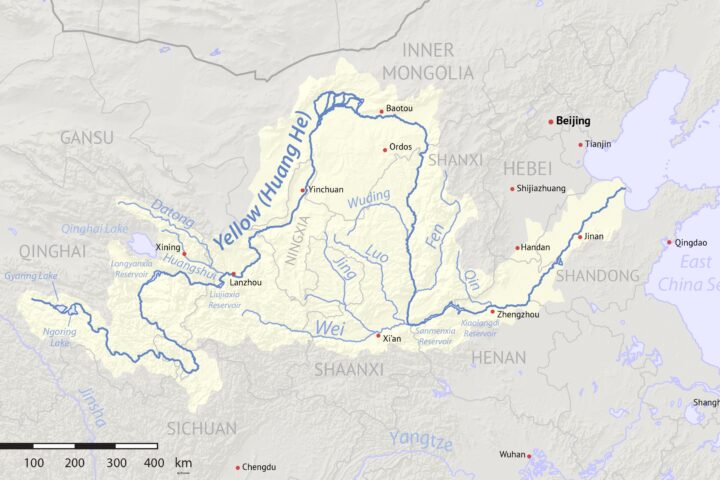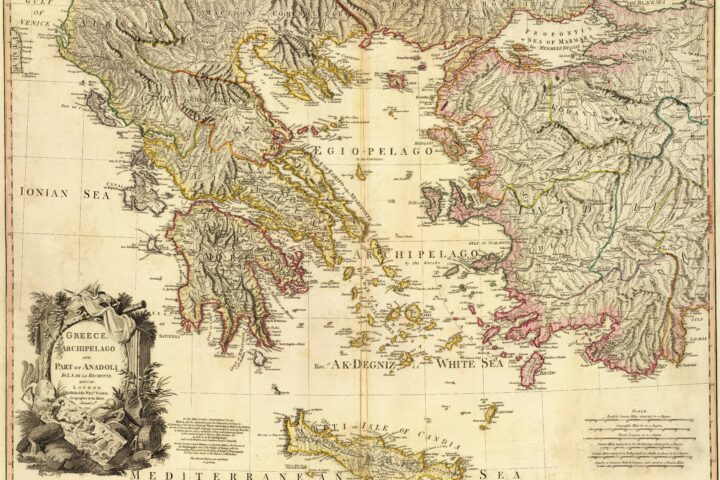Source: _ Flickr_thank you note for every language _ thank you note created..
Explore the intriguing and ever-evolving theory of linguistics to learn more about the journey of language in which it changes with respect to shifts in culture, society, and technology.
Language is dynamic and ever-evolving. It has experienced several shifts in culture, technology, and society to form the structure we used today. What we have today has been formed because of the emergence of new words as well as the discontinuity in the use of certain other ones.
These forgotten words have faded into history and have become relics of the past. Not many people know about them today but their contribution to linguistics can’t be underestimated.
The Shifts in Language
Language can be studied the same way we study any living organism. This is because it has evolved in a manner similar to us. It grows, it changes, it gets reproduced every time we utter a word that has been used for centuries, and it can also die. Hence, research about this discipline never dies down and researchers keep on using different analogies and models to understand language change with respect to other factors.
It all began with simple grunts and sighs which were used by our prehistoric ancestors to communicate with each other. Just like them, other organisms like birds and primates also have their own systems of communication, but what we have achieved is something very different- spoken language. We have at our hands, the ability to form limitless strings of thought and convert them into spoken language. And this feature is what set our species on the path of evolution.
While we don’t know the exact reason why we shifted from grunts to proper spoken words, we do know that a lot of factors affected the first language ever formed to produce the vast, complex systems we have today. In this process, a lot of old words fell out of use and weren’t used anymore.
Reasons
There are two main theories proposed by researchers, as to why a language was adopted by our ancestors. The first was related to the idea of natural selection and states that we had to communicate in order to hunt and defend ourselves. This was done with the help of language. This was more than enough for the prehistoric man to develop a system of signs which made communicating easier.
The other reason was that the language system evolved because a specific part of the brain evolved which enabled us to develop a complex system like that. This was proposed by linguist Noam Chomsky and biologist Stephen Jay Gould. And falls in line with another theory that stated that the development of our brain led to the development of our cognitive functions as well.
This is however the case for the origins of language. What reasons were there for already developed words to fall out of use? Some factors come to our attention:
- Cultural Shifts: With progress and evolution of societies, many words and concepts become less relevant. As an example, we can talk about the word ‘Serfdom’ which was used to denote the feudal practice of peasants working under landlords in exchange for their protection. This social practice isn’t observed as much as it was before. And hence, the word isn’t used either.
- Simplification: Language isn’t meant to be something that holds us back or pose as a difficulty. Longer and complex words have been simplified with increase in their use. Shorter alternatives are adapted and blend into the system. Examples include Thither which became There, Betwixt which became Between, and Whilst which became While.
- Technological Progress: When new technology takes the place of older machines, the vocabulary related to the new system also replaces the older system. Simply put, words related to the technology used way back in the first few centuries have long gone out of use because we don’t use such things anymore.
Forgotten Words
There are many words which have gone out of use for one reason or another:
- Gallant: Means to travel for pleasure. Back in the 14th century, this word was used to refer to a fashionable young man but the meaning later shifted to becoming synonymous with “courting.” From there, it slowly became the equivalent of a nice trip for pleasure.
- Hootenanny: Refers to a gathering where folk singers showcase their art and the audience joins in. This word has been in use for quite a while but isn’t used as much.
- Grody: Means disgusting. Used especially in the 1980s, this word was a part of teen slang and was overtaken by a cultural shift to the 1990s.
- Dungarees: Refers to clothes which are made out of blue denim. This word was used way back in the 16th century and was influence by the Hindi word dugri and Urdu word dungri.
- Yuppie: Refers to a young adult who is employed at a well-paying job and lives in or near a big city. This word came into use in the 1980s and like the rest of the era, went out of use as people shifted to other words. The reason behind its disappearance is clearly a cultural shift.
These are just five examples of what time and shifts in culture and technology do to the world of words. Nothing is permanent over there- not even the words you are using today. So, make sure not to have a favourite- it might go out of use one day.
Resources
The Shifts in Language
- How the English language has evolved like a living creature. (2021). Science.org. https://www.science.org/content/article/how-english-language-has-evolved-living-creature
- Bryant, C. W. (2021, April 29). How did language evolve? HowStuffWorks; HowStuffWorks. https://science.howstuffworks.com/life/evolution/language-evolve.htm
Reasons
- How the English language has evolved like a living creature. (2021). Science.org. https://www.science.org/content/article/how-english-language-has-evolved-living-creature
- Scheve, T. (1970). What makes humans human? HowStuffWorks; HowStuffWorks. https://science.howstuffworks.com/life/genetic/humans-human.htm
- Why do words go out of style? With linguist Kate Burridge – ABC listen. (2016, October 7). ABC News. https://www.abc.net.au/listen/programs/nightlife/dead-words-with-kate-burridge/7915074
Forgotten Words
- Viltė Domkutė. (2022, September 29). 185 Outdated Words That Nobody Uses Anymore (Probably). Bored Panda; Bored Panda. https://www.boredpanda.com/outdated-words/
- Editors of Merriam-Webster. (2015, March 24). 10 Words You Don’t Seem to Hear as Much These Days. Merriam-Webster.com; Merriam-Webster. https://www.merriam-webster.com/wordplay/words-we-dont-hear-anymore
















